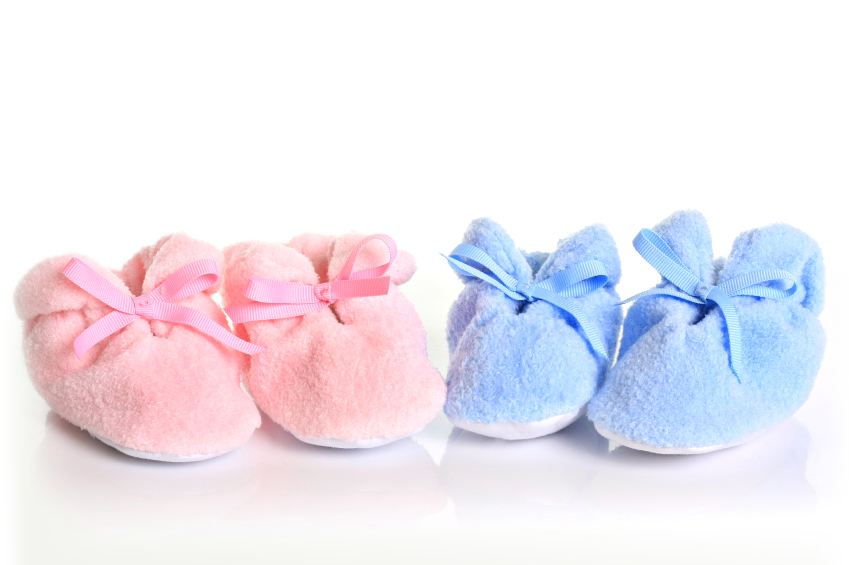
More than seven in 10 dads (71%) say they change nappies at night compared with less than two-thirds of mums (64%), the study by analysts Mintel found.
Subsequently, 57% of mothers get seven hours or more sleep a night compared with 54% of fathers, and 43% of dads get just four to six hours of sleep compared with 38% of mothers.
However, daytime nappy changes remain mostly the responsibility of Britain’s mothers, with the majority (59%) changing their youngest child’s nappy four to six times in a day compared with 41% of fathers.
Mintel senior analyst Charlotte Libby said: “While daytime nappy changes are largely the responsibility of the mother, likely due to mums spending the daytime caring for their child whilst on maternity leave, Britain’s dads are taking the lead with night-time nappy changes.
“We’re seeing this trend more and more where men are increasingly occupying spaces previously thought of as ‘feminine’ – spending more time on housework and taking a more proactive role in parenting.”
The study found fathers are also taking a more proactive role in buying for their baby, with men more likely than women to buy more traditional products such as baby lotion (34% of men compared with 32% of women), baby powder (31% of men compared with 26% of women) and baby oil (32% compared with 21%).
However, this shift has resulted in many fathers feeling “frazzled” when buying baby products, “and distress buying is a common occurrence”, the poll found.
More than half of fathers (56%) who have run out of a product have had to immediately go to a shop to replace it and the same percentage find the range of babies’ and children’s products overwhelming.
Ms Libby said: “While women are supported by friends and professionals at baby groups, men do not have the same kind of social discussions surrounding baby products, and, as a result, feel they need more advice.
“Offering parents, particularly dads, the opportunity to consult experts on demand will help them feel more comfortable selecting the right products for their children.”
The research also found that sales of babies’ and children’s nappies, personal care and wipes continue to decline as the baby boom comes to an end.
Total market sales for such products declined 5% between 2014 and 2015.
Mintel surveyed 800 internet users aged 16 and over who are parents of children aged 0-4.
READ MORE
The helpless blog of a first time dad: Baby Brain leaves us all in high spirits
Retailers urged to stop gender-specific marketing of products

Enjoy the convenience of having The Sunday Post delivered as a digital ePaper straight to your smartphone, tablet or computer.
Subscribe for only £5.49 a month and enjoy all the benefits of the printed paper as a digital replica.
Subscribe